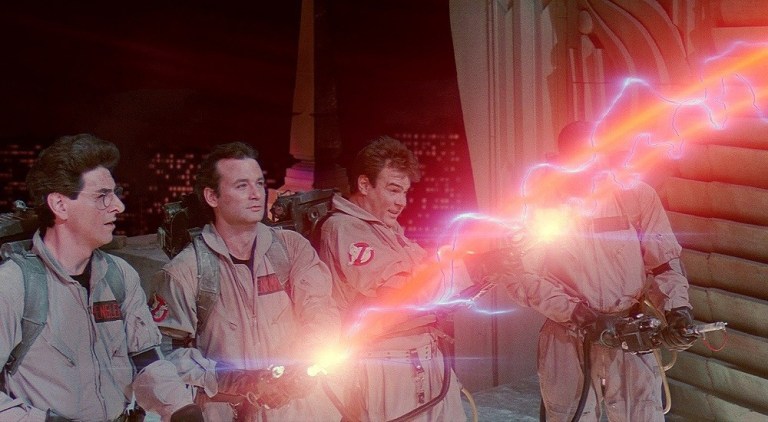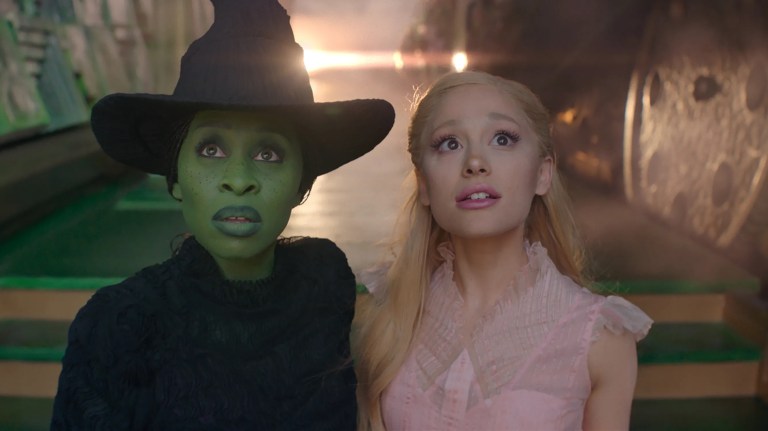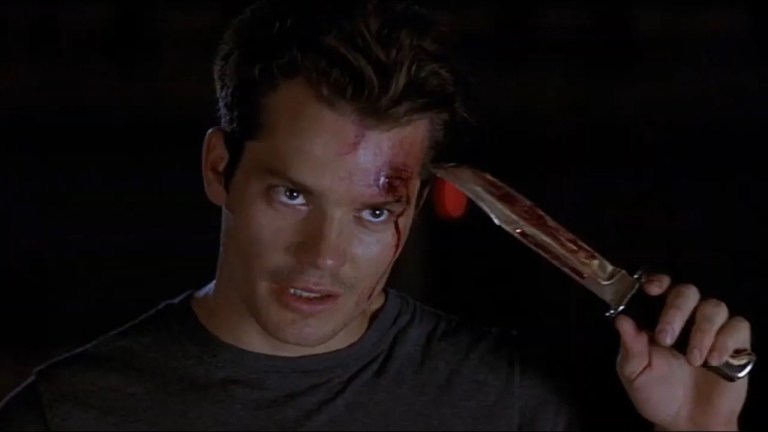I’m Ready To Tell The Truth About My Interviews With Graham Welsh, The Man Found Innocent After 20 Years On Death Row
I was told that I couldn’t actually be charged with anything, but talking about my interactions with Graham publicly could change that. However, they never said anything about putting my story in writing.
By ![]() Jack Follman
Jack Follman

Graham Welsh was a free man again.
That’s where I entered. A true crime junkie from a tiny town outside of Oxford, I had been obsessed with Graham’s case since The New York Times kicked up its dust.
After the success of Serial and S-Town, I became obsessed with a podcast existing about Graham and his case. It didn’t have to be created by me – a medical assistant with no media skills – just as long as it existed.
I was heartbroken when I found out Graham had always turned down every request to do something similar, but I received a ray of hope at the same time. The person who shared that news with me, my uncle, a janitor at University of Mississippi, told me he had become friendly with Graham since he was hired at the school and said that he would be open to doing a podcast if he felt it was done by a pure fan, not some “liberal arts trust fund kid at NPR from New York City.”
I told my uncle to get my idea on Graham’s radar. He bit. He set up a meeting in his office within a week. I was giddy – thoughts of becoming the next Ann Rule or Sarah Koenig dancing in my head. I was the polar opposite of a liberal arts trust fund kid at NPR from New York City, but I wouldn’t mind becoming one.
I went into the meeting expecting to tell Graham’s story in a serialized podcast that would sweep the nation’s attention span. I discovered on the very first day that something very different was going to happen.
The first red flag was when Graham asked me to meet him at a bar on the outskirts of Oxford – The Filling Station. I had driven by the place a thousand times, and heard just as many rumors that it was a biker bar, then a gay bar, then a place to get black tar heroin, but never actually gone in.
It turns out The Filling Station was just your usual country dive. There were three old timers nursing what they would call a Pabst instead of a PBR, a barmaid who was probably pretty hot in 1989, but had been smoking like jerky with Pall Malls for the past 30 years and Graham, texting on a flip phone. The place was the kind of bar your grandpa could catch a buzz in at 2pm on a Tuesday in peace.
Graham greeted me hungry. He looked at me the way my dad would look at a rare piece of prime rib. He didn’t even bother to hide the up and down look he gave me when I walked up to him with a hand out for a shake.
Graham insisted I ordered a drink, but explained that he couldn’t pay; he was out of cash and the place didn’t take American Express. We traded some small talk and I setup my recording device after finding out the bar didn’t have white wine or a light beer and getting a firm NO from the bar wench when I asked if she could do a gin and tonic.
Graham didn’t say that he wouldn’t talk about the case in such words in that first meeting, he just never addressed it. He changed the subject with every answer. For example, I asked about what he was actually doing on the day after the 4th of July in 1993. He answered with a rant about how he didn’t get the difference between minor league baseball and semi-pro baseball.
That was actually the most-pleasant of Graham’s deflections. I’ll share with you the one which made me end the meeting.











